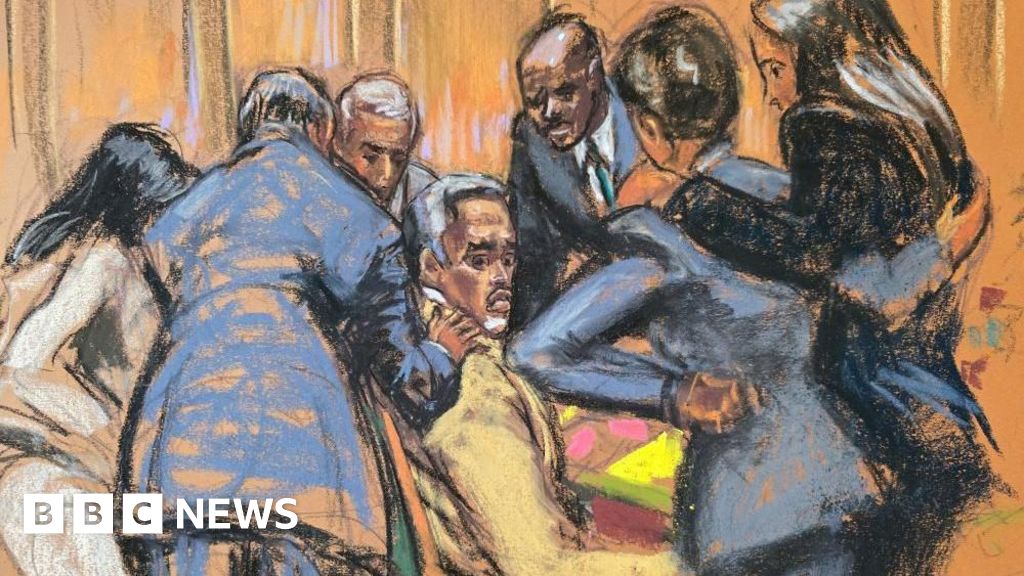My earliest reading memory
The Very Hungry Caterpillar. There wasn’t much to read – the prose is what’s now called “spare” – but I vividly remember the pleasure of poking a finger through the holes punched in the page. And that final twist!
My favourite book growing up
I was a fanatical member of the Puffin Club at school, and so many of those books embedded themselves in me; E Nesbit’s Dragons, Narnia, of course, the Molesworth books, which I barely understood and found hysterical. But my favourite were Tove Jansson’s Moomins, particularly the chilly later books, with their very particular melancholy. Other books seemed to be reaching for laughter or excitement, but there was a pleasure in all that sadness and solitude.
The book that changed me as a teenager
Great Expectations was my first “proper classic” and I was tremendously pleased with myself for getting through it, and startled, too, by how familiar the characters felt. The foolishness, the passionate friendships, the empty aspiration and unrequited love, it all made perfect sense to me, even across 120 years.
The book that made me want to be a writer
I’m not sure if I ever dared voice that ambition, even to myself, but I remember laughing hysterically at Sue Townsend’s The Secret Diary of Adrian Mole Aged 13 3/4, and thinking what an achievement that would be, to make a reader laugh with marks on a page. In many ways, the early 80s was a golden age of comic writing but so much of it had a rather rather self-satisfied Oxbridge tone. Suddenly, here was an authentic working-class voice, writing with an almost supernatural such precision and insight into the teenage boy’s mindset. I loved it and, as with Great Expectations, turned the pages thinking “How does the author know?
The book or author I came back to
I’m a little nervous to admit this but I used to struggle with Jane Austen, recognising her subtlety and brilliance but finding that ironic tone a little relentless and, despite many attempts, never making it to the end. But in lockdown I picked up Persuasion and finally, after 40 years of trying, something fell into place.
The book I reread
If I ever find myself stuck or jaded, I pick up Marilynne Robinson’s Housekeeping. The prose is just perfect, that atmosphere of a water-logged small town so vivid. There’s a warmth and generosity of spirit, particularly in the character of Aunt Sylvie, I find incredibly moving. I feel sure that it’s one of the very best American novels.
The book I could never read again
I’ve been lucky enough to adapt several of my favourite novels for the screen, but the process is prolonged, intricate and exhausting. The patient never survives the operation and I struggle to imagine the circumstances in which I would ever pick up Far from the Madding Crowd again.
The book I discovered later in life
I’m so pleased that Helen Garner is getting the praise and attention she deserves. I love her wonderfully frank and spiky diaries and nonfiction but there are two very different novels of hers that I think about all the time. The Spare Room is a tough, unsentimental book about the demands and limits of friendship. The Children’s Bach is wildly different, a spare, moving portrait of a loving family falling apart. Those final pages!
The book I am currently reading
I tend to read two books at a time, one fiction and one nonfiction. Yiyun Li’s memoir, Things in Nature Merely Grow, is extraordinarily wise, thoughtful and affecting, and the best case I can think of for the power of the written word. Alongside that, I’m reading the wonderful The Country Girls, my first Edna O’Brien but not my last.
My comfort read
Anita Brookner. There are no big narrative surprises – someone will inevitably be disappointed in a west London mansion block – but she’s a great prose stylist, often very funny and sharp and undoubtedly underrated.

 7 hours ago
2
7 hours ago
2










 English (US)
English (US)